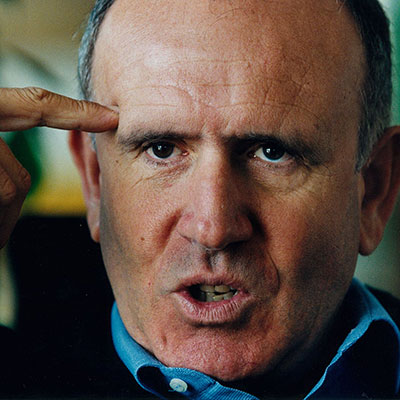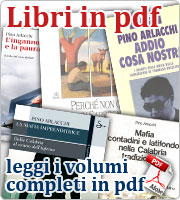![]()
18 feb. 2010
di Pino Arlacchi, European Parliament rapporteur on Afghanistan
Vice President of the EP delegation for relations with Afghanistan
We would be doing Afghanistan a disservice if we did not take the appointment of the EU special envoy seriously.
Given the complexity of the Afghan crisis and the outcome of the recent London conference on Afghanistan, the profile of the EU special envoy in that country must be considered as a case apart from that required in other third countries (“Ashton to name new Afghanistan envoy”, EuropeanVoice.com, 29 January).
It is a question of finding a candidate able to develop and implement a non-military strategy of intervention, coherent with the EU's interests and its methods of action in crisis situations.
As outright military victory against an illusive insurgency seems increasingly unlikely, an eventual solution to the internal Afghan conflict will probably be based on a negotiated peace and a possible national coalition government which also includes moderate or reformed sections of the Taliban. The EU's representative therefore needs to have substantial political experience and intuition. Even a diplomat who has operated in post-conflict situations might comprehend the complexities of Afghan politics, but a political background would seem here to be an additional asset.
Since Afghanistan has effectively been invaded and occupied by the US, which maintains the political and military initiative regardless of the involvement of NATO or EU countries, the EU special envoy must be in a position to interact independently with the US without inferiority complexes or subordinating European interests when they do not coincide with those of the US.
Furthermore, an aspect of this conflict that is often forgotten in the heat of battle is that the main Afghan threat to Europe's security is not the Taliban insurrection, but the production and the trafficking of opium cultivated in the country. Afghan opium derivative supplies more than 90% of European demand for heroin and poisons more than a million and half European citizens, not to mention all the crime related to drug abuse in our cities.
From an EU security perspective, a plan for the total elimination of illicit production would seem to be the only enduring solution to the Afghan crisis. An EU special envoy must then also understand this added dimension.
Afghanistan has a long and complex history. We would be doing the country and its people, and ourselves, a disservice if we did not take the appointment of the EU special envoy extremely seriously.





 Non sono una persona complicata. La mia vita pubblica ruota intorno a due cose: il tentativo di capire ciò che mi circonda, da sociologo, e il tentativo di costruire un mondo più decente, da intellettuale e militante politico.
Non sono una persona complicata. La mia vita pubblica ruota intorno a due cose: il tentativo di capire ciò che mi circonda, da sociologo, e il tentativo di costruire un mondo più decente, da intellettuale e militante politico.




